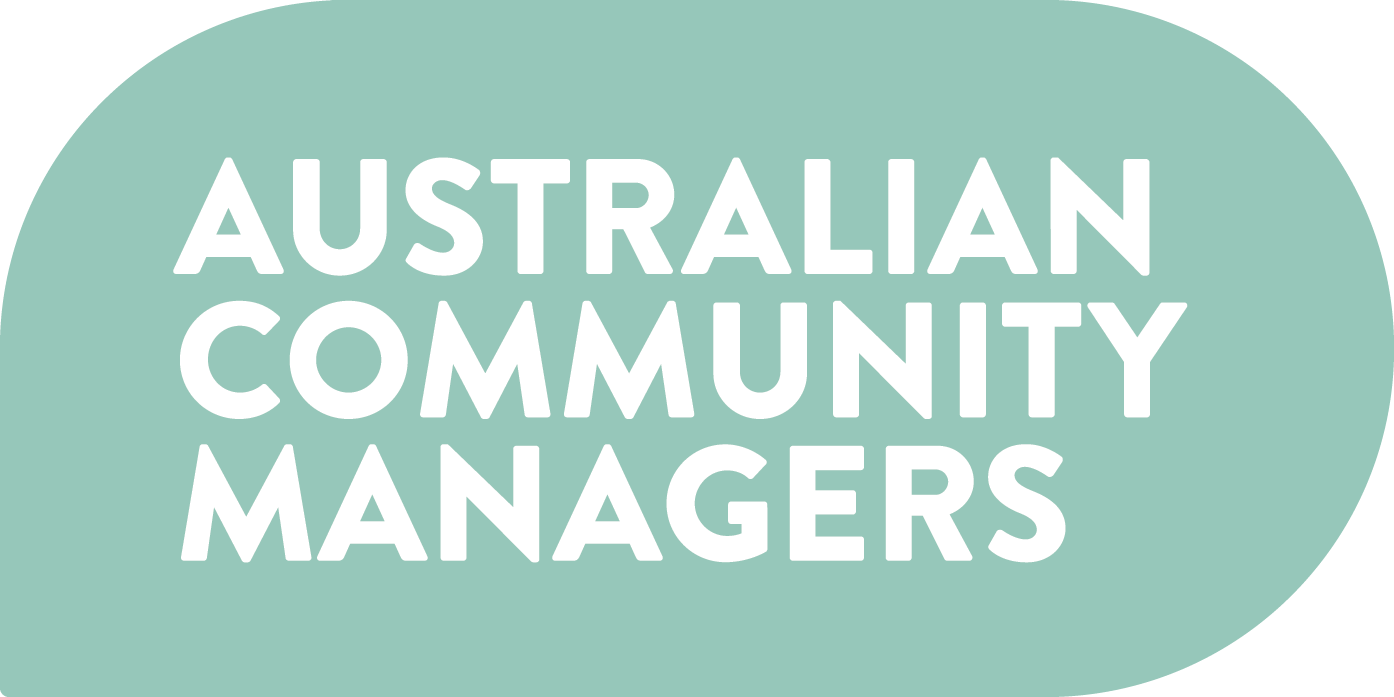Creating Safety When People Are In Crisis
The 2023 Australian State of Community Management Report showed a significant rise in moderators dealing with threats of self-harm across online environments of all types. This may be expected in settings like mental health support online communities, but is happening everywhere. Particularly when someone feels psychologically safe under community management, they may therefore feel comfortable speaking up, asking for help, or being vulnerable in front of peers.
At All Things in Moderation 2024 Serena Snoad offered a robust guide to help us navigate the inevitable appearance of crisis in its many forms. Here she shares some of those key takeaways.
No matter type of gathering we’re doing, creating a safe and supportive environment for those we’ve gathered is a critical responsibility. This is especially true for any of our community members or users that may be experiencing crisis.
Understanding the Crisis Context
As community managers, it’s important to anticipate encountering members in crisis, given the myriad of global and personal challenges people face. Crises can stem from various causes, including direct personal risks, circumstantial events, and external factors.
Direct: Self-harm, suicide, abuse, mental health crises.
Circumstantial: Bereavement, job loss, relationship changes, health diagnoses.
External: News events, global crises (e.g., COVID-19), and other triggering events.
Identifying People in Crisis
Recognising the signs of a crisis can be challenging, but is vital for timely and appropriate intervention. For community managers and moderators, it’s about paying attention to both what members say and how they behave, especially if they’re acting out of character.
Key Indicators:
Verbal Cues: Expressions of hopelessness, talk of suicide or death, requests for help.
Behavioural Changes: Conflict, extreme reactions, absence from community activities, out-of-character behaviour.
Contextual Factors: Tone and frequency of communication, severity and immediacy of the situation, potential risk to the individual and others.
Supporting People in Crisis
There’s a range of strategies we can employ to support someone in crisis, based on understanding the person's needs and the community's role in providing support.
Support Strategies:
Emotional Support: Showing compassion, empathy, and validation of feelings.
Immediate Information and Guidance: Providing clear, calm information and resources to help the individual make informed decisions.
Practical Assistance: While often beyond the community's remit, signposting to appropriate external services can be crucial.
Taking Appropriate Action
Deciding appropriate action is a balancing act. We should consider:
Severity of situation
Immediacy of risk
What can be done
Organisational remit
It’s wise to map out likely crises that may occur, and include them in a risk matrix or threshold tool to guide decision-making when these situations crop up.
Most actions can be summarised under three categories:
Supportive Responses: Offering empathetic support within the community or through private messages.
Signposting: Directing individuals to relevant external resources and organisations.
Safeguarding: Implementing actions to protect individuals at risk of harm or abuse.
Principles for Safe Community Management
We can use these principles to support members in crisis effectively:
1. Effective Boundaries: Setting clear boundaries is crucial to prevent overextension and burnout among community managers and moderators.
Role Clarity: Defining what is within your role and when to escalate issues.
Time Boundaries: Establishing work hours and clear handover procedures.
Process and Guidelines: Having clear steps and guidelines for handling crises.
Personal Boundaries: Ensuring respect and safety for all team members.
2. Robust Support: Providing a strong foundation of support community and moderation team members is essential.
Community Resources: Maintaining an up-to-date list of helpful resources.
Peer Support: Creating private, confidential spaces for team members to share and offload.
Manager Support: Offering reflective practice and psychological safety for community managers and moderators.
3. Community Policy: Implementing comprehensive community policies that protect both the team and any organisation you’re working with or for. The policy should incorporate:
Clarity on Remit: Establishing clear organisational responsibilities and boundaries.
Defined Approach: Processes for supporting people in crisis.
Templates and Procedures: Templates to provide consistency and reduce stress, and clear instruction on how and when they apply.
Helpful Organisations: A regularly updated list of relevant external support services.
3 R’s to Remember
Beware the hero mindset - while we can offer meaningful assistance in many cases, we have a right to our own psychological safety.
Keep these three R’s in mind:
Role: What we (or our team) should do, how to do it
Remit: What actions are appropriate. When does that remit ends and we need to escalate or step back.
Resources: Information and materials to support both the community and those looking after it.
Remember:
Understand the causes and signs of crisis.
Provide emotional support and clear information.
Balance intervention with organisational boundaries.
Establish effective boundaries, robust support, and comprehensive policies.
Continuously support vulnerable communities and train those safeguarding members accordingly.
By implementing these strategies, community managers and moderators can navigate the various challenges of supporting members in crisis, ensuring both community safety and personal well-being.
All Things in Moderation ran online 16-17 May 2024 and featured over 25 expert contributors from around the world and across practitioner, academic and policy disciplines.
The conference will be back in 2025 - stay tuned for early bird ticket updates!



